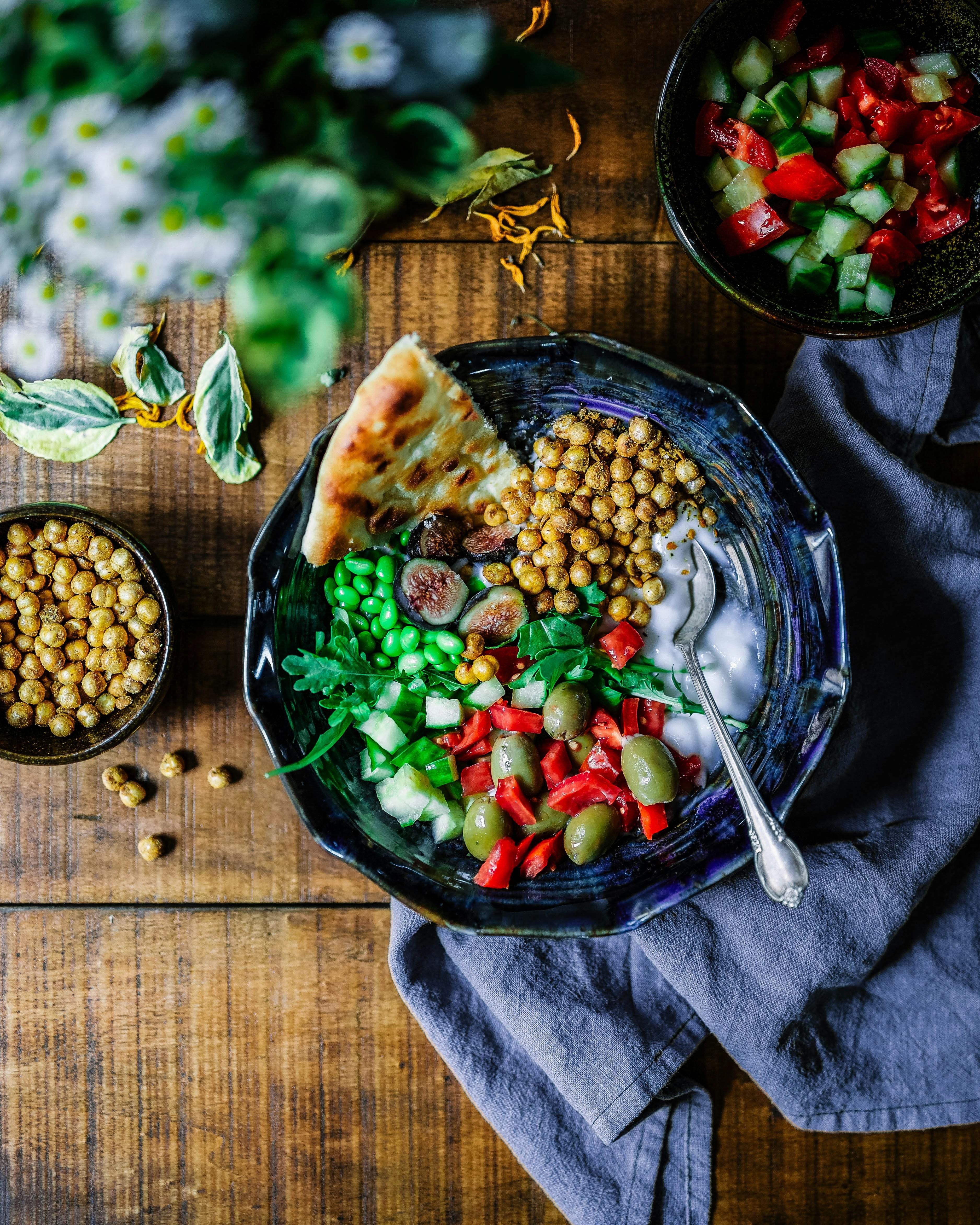In the vibrant world of sports, where every millisecond and ounce of strength counts, athletes are constantly seeking the perfect formula to enhance their performance. Among the diverse dietary strategies, veganism has surged in popularity, raising an intriguing question: Can a plant-based diet alone fuel the high demands of competitive sports, or do vegan athletes require special supplements to reach their peak potential? This article delves into the heart of this debate, exploring the intricate balance between nutrition and athletic prowess. As we navigate the intersection of dietary choices and physical performance, we uncover the nuanced realities faced by vegan athletes striving to excel in their fields. Join us as we journey through the world of vegan nutrition, examining whether the natural power of plants suffices or if science must lend a helping hand through supplementation.
Fueling the Plant-Powered Athlete
In the realm of sports nutrition, there’s a growing interest in understanding whether plant-based athletes need specific supplements to enhance their performance. A well-planned vegan diet can indeed meet most nutritional needs, but certain nutrients may require special attention. Key nutrients to consider include:
- Vitamin B12: Found primarily in animal products, vegan athletes may need to supplement to ensure optimal energy levels and neurological function.
- Iron: While plant foods contain iron, it is in a form that is less easily absorbed by the body. Consuming vitamin C-rich foods alongside iron-rich meals can enhance absorption.
- Omega-3 Fatty Acids: Essential for inflammation control and recovery, sources like flaxseeds, chia seeds, and walnuts can be supplemented with algae-based DHA/EPA.
- Protein: Though abundant in plants, diversifying protein sources like legumes, tofu, and quinoa can help meet amino acid requirements without supplements.
While many vegan athletes thrive without additional supplements, those engaged in intense training or with specific nutritional gaps might benefit from targeted supplementation. Consulting with a sports nutritionist can help tailor these needs effectively.
Navigating Nutritional Needs for Peak Performance
In the dynamic world of sports, athletes continuously seek ways to enhance their performance, and nutrition plays a pivotal role. For vegan athletes, ensuring they meet their nutritional needs can be a bit more challenging due to the exclusion of animal products. However, with the right approach, it’s entirely possible to achieve peak performance without compromising their dietary principles. Plant-based diets can provide ample nutrients, but there are specific vitamins and minerals that may require attention.
- Vitamin B12: As this vitamin is primarily found in animal products, vegan athletes might need to consider fortified foods or supplements to maintain optimal energy levels and nerve function.
- Iron: Plant-based iron (non-heme) isn’t as easily absorbed by the body as heme iron from animal sources. Consuming vitamin C-rich foods alongside iron-rich plant foods can enhance absorption.
- Omega-3 Fatty Acids: Essential for heart and brain health, vegan athletes can opt for algae-based supplements to meet their omega-3 needs.
- Protein: While it’s a common misconception that vegan diets lack protein, diversifying sources like lentils, beans, quinoa, and tofu ensures adequate intake.
By understanding these nutritional nuances and incorporating a variety of foods or necessary supplements, vegan athletes can confidently fuel their bodies for superior performance, maintaining both health and ethical dietary choices.

Debunking Myths: Do Vegans Need Extra Boosts
It’s a common misconception that vegan athletes are at a disadvantage when it comes to meeting their nutritional needs, often leading to the belief that they require a pantry full of supplements to perform at their peak. However, a well-planned plant-based diet can provide all the necessary nutrients for athletic performance without relying on a myriad of supplements. While some specific nutrients may need attention, the overall approach is more about mindful eating than pill-popping.
- Protein: Contrary to popular belief, plant-based sources like lentils, chickpeas, and quinoa can supply ample protein.
- Iron: Foods such as spinach, tofu, and fortified cereals can help maintain healthy iron levels.
- Omega-3 Fatty Acids: Flaxseeds, chia seeds, and walnuts are excellent sources.
- Vitamin B12: Often recommended as a supplement, but can also be obtained from fortified foods.
while some vegans may choose to use supplements for convenience or peace of mind, it’s not a universal necessity. With a diverse and balanced diet, vegan athletes can thrive just as well as their omnivorous counterparts.

Tailored Supplementation Strategies for Vegan Success
Embracing a vegan lifestyle as an athlete brings unique nutritional challenges and opportunities. While plant-based diets are rich in nutrients, certain vitamins and minerals might require special attention to ensure optimal performance. Iron, vitamin B12, and omega-3 fatty acids are among the key nutrients that vegan athletes might consider supplementing to maintain their energy levels and support recovery. These nutrients play a crucial role in oxygen transport, nerve function, and inflammation reduction, which are vital for athletes.
- Iron: Essential for transporting oxygen in the blood, and plant-based sources like lentils and spinach are great but may need supplementation.
- Vitamin B12: Crucial for nerve function and red blood cell production, typically found in animal products, making supplementation advisable.
- Omega-3 Fatty Acids: Important for heart health and inflammation reduction, can be sourced from algae-based supplements.
Additionally, personalized supplementation strategies can be crafted based on individual needs and performance goals. Engaging with a nutritionist to develop a tailored plan ensures that all dietary requirements are met while optimizing performance. This bespoke approach allows vegan athletes to thrive without compromising their ethical commitments.
